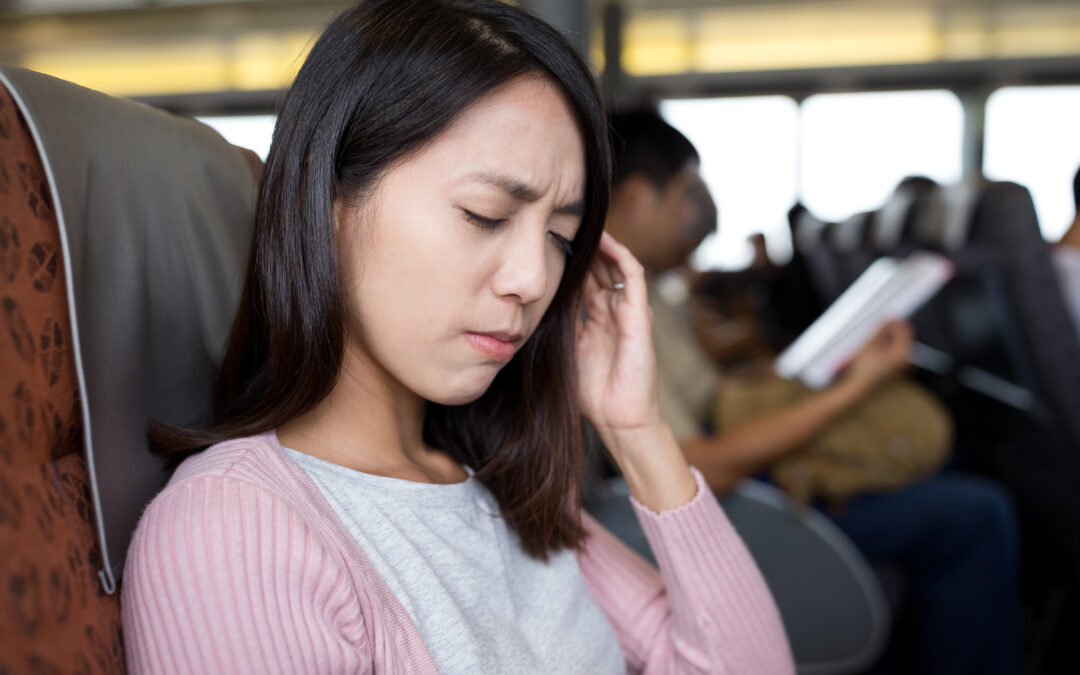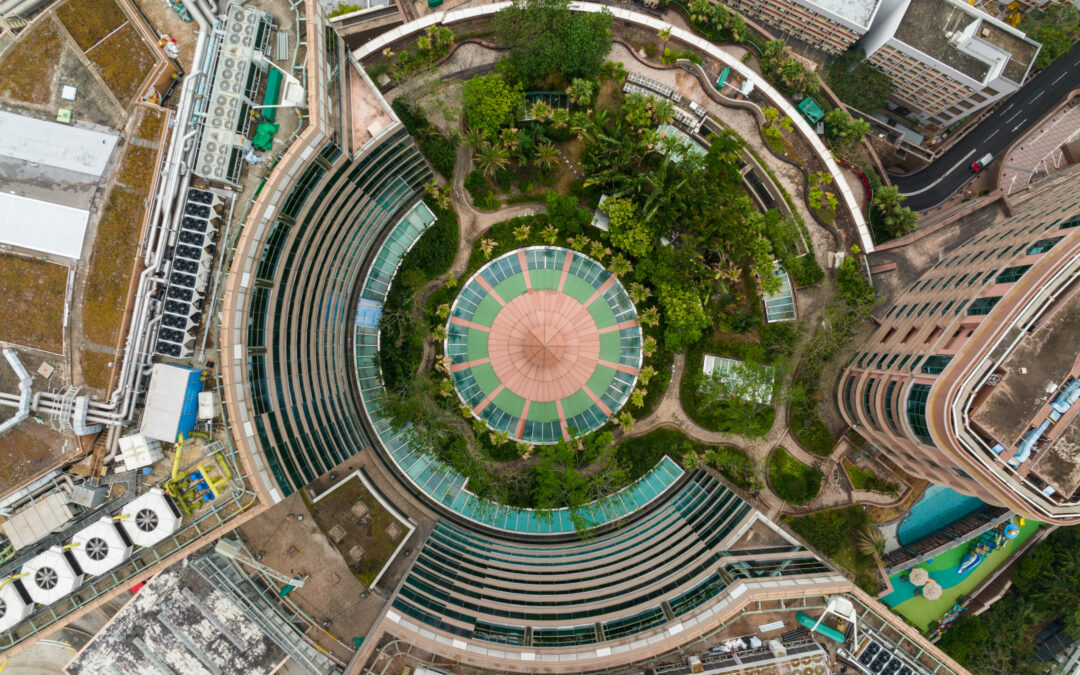
Are you set for a spring adventure? While the beauty of blooming flowers is a sight to behold, it can be troublesome for those allergic to pollen, mold and dust mites. Pollination season triggers allergies, but don’t let this stop you from hitting the road. Here’s a checklist to beat or manage spring sniffles while traveling.
1. Visit Your Health Care Provider
Allergies are a common condition — 25.7% of American adults were diagnosed with them in 2021. Before your trip, drop by your doctor’s office for travel recommendations, health-specific advice and prescriptions. Share your itinerary and concerns so they can provide tailored treatment to manage your contact with allergens. Your physician may recommend allergy shots or drops to desensitize the immune system and train it to tolerate seasonal allergens. They can be of great help while you travel.
2. Check Local Pollen Forecasts and Travel Destinations
In 2022, the Asthma and Allergy Foundation of America ranked Scranton, Pennsylvania, Wichita, Kansas, and McAllen, Texas, as the top three allergy capitals in the country. You’ll want to avoid traveling to these locations during spring if you’re highly vulnerable to allergies. Alternatively, check the pollen forecasts to help you choose a safer travel destination. Make sure to research the projected pollen counts so you can better enjoy your trip.
3. Prepare a Travel Allergy Kit
Pack your medications, nasal sprays and decongestants. These items may be difficult to obtain at your destination, so carry enough to use whenever mild or severe allergies strike. Remember to label your prescriptions appropriately to avoid issues with TSA security when flying.
In addition, your kit should include a high-quality portable air purifier for hotels or sleeping accommodations. Besides outdoor pollen, several odorless air contaminants exist indoors, worsening sneezing, runny nose and eye irritation. A reliable air purifier can help filter dust mites, mold, toxic vapors and volatile organic compounds while inside.
4. Request Allergy-Friendly Accommodations
Many hotel operators offer allergy-friendly sleeping quarters to help improve guests’ experiences. Inquire if your chosen accommodation has this option. It usually features ventilation windows, a no-smoking or animal zone, wooden floors and bedding washed with nonperfumed detergent. These hypoallergenic rooms can improve your quality of sleep.
5. Shield Yourself When Outdoors
Spring festivals are the highlights of the season, and there are several places worldwide to visit, such as the cherry blossom festival in Japan or Holi in India. Remember to protect yourself before flying to these destinations.
Since it may be impossible to get pollen forecasts in overseas destinations, minimize exposure to allergens by wearing sunglasses and hats to block pollen from entering your eyes. Use face masks to shield your nose when the pollen count is high. Avoid going out during windy days, and time your outdoor events wisely to avoid inconvenience. These measures can help reduce exposure to allergens while you’re out and about.
6. Inform Your Companions of Your Health Situation
If you’re traveling with friends or relatives, make sure they’re aware of your health circumstances so they know how to respond if a severe allergic reaction occurs. A spring break trip sounds like the best way to beat the winter doldrums and relax while enjoying majestic views, but it can also become a nightmare if you’re careless.
Sharing this information may make you uncomfortable, but keeping travel companions informed can prevent panic if a health crisis occurs.
7. Carry Important Medical Documents
Although rare, pollen and other inhaled allergens can become life-threatening when they cause anaphylactic shock. Anyone with a history of allergy is at risk, so carrying vital health documents is a lifesaver if an attack lands you in a hospital. These files make it easier for doctors to identify the cause of the problem and provide prompt treatment, reducing the possibility of worsening health outcomes.
Travel Safely With This Checklist
Knowing how to manage allergies before traveling ensures you enjoy your getaway to the fullest. Allergies seem trivial until they trigger severe reactions. Use this checklist the next time you go on a spring adventure so you can enjoy your trip while caring for your health.

